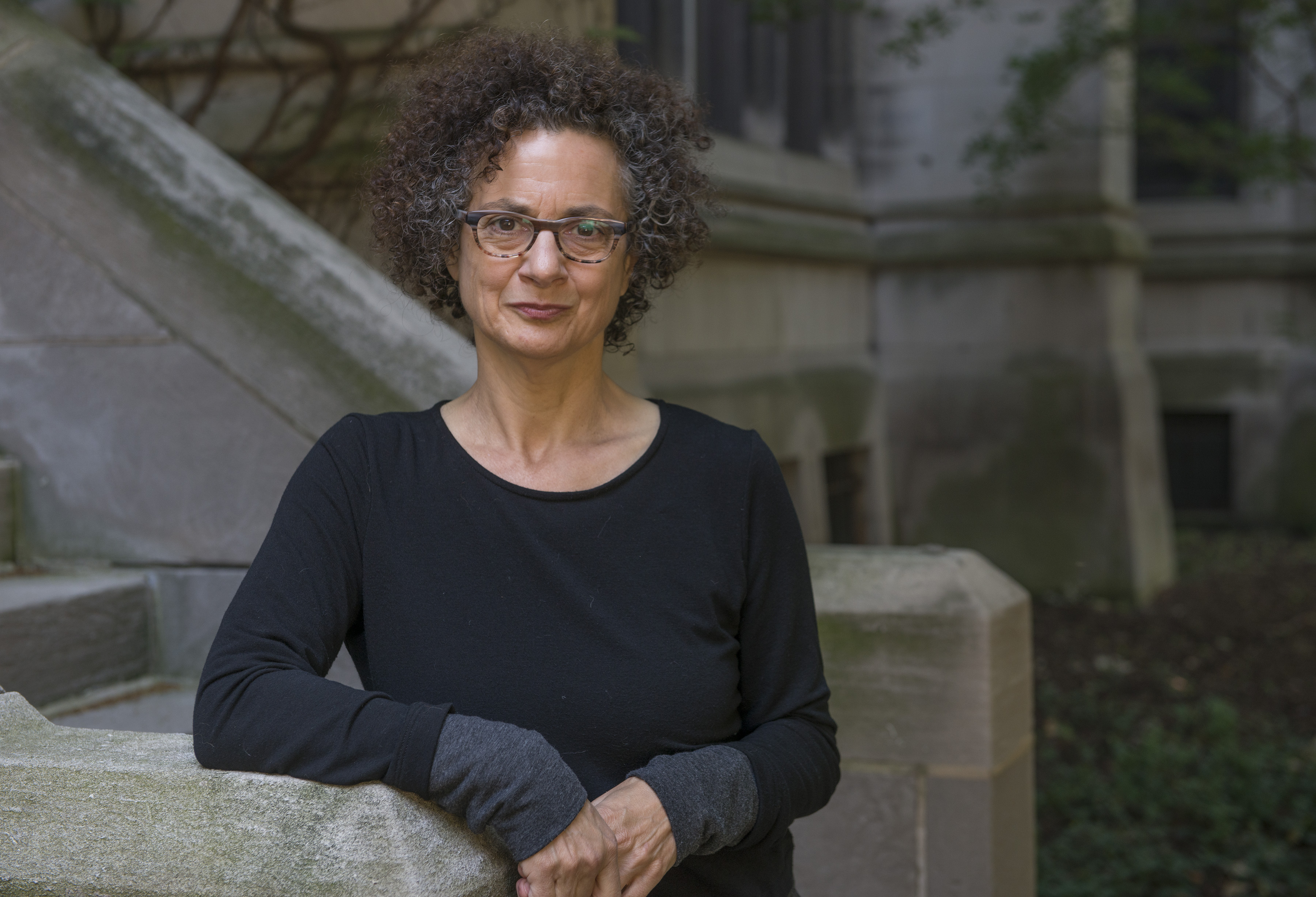非常抱歉,
你要访问的页面不存在,
非常抱歉,
你要访问的页面不存在,
非常抱歉,
你要访问的页面不存在,
验证码:

职称:George M. Pullman Distinguished Service Professor
所属学校:University of Chicago
所属院系:Department of English
所属专业:English Language and Literature, General
联系方式:
My work has focused on politics, emotion, and intimacy in the U.S. nineteenth and twentieth centuries—now the twenty-first: in particular, in relation to citizenship, to informal and normative modes of social belonging, and to affective attachments and fantasies that take shape through ordinary practices. These scenes zone and disturb the relations between public and private, white and non-white, straight and non-straight, and/or citizen and foreigner—along with providing settings for other, inventive kinds of social bond through which people imagine and practice world-making.
I am interested in how institutions and people orchestrate the overcloseness of the world, the fundamental non-sovereignty of people in relation to each other and of states in their interdependence. This involves pursuing how people and populations absorb the blows of power and the discriminations of privilege while preserving critical and optimistic attachments to the political and/or to what’s intimate and magnetizing in the ordinary. To this end, I developed a national sentimentality trilogy—in order of their historical address, The Anatomy of National Fantasy (1991); The Female Complaint: The Unfinished Business of Sentimentality in American Culture (2009); and The Queen of America Goes to Washington City: Essays on Sex and Citizenship (1997). I have also followed out this interest in attachments and affects in the edited volumes Intimacy (2000); Our Monica, Ourselves: Clinton and the Affairs of State (with Lisa Duggan; 2001); Venus Inferred(with Laura Letinsky; 2000);Compassion: the Culture and Politics of an Emotion (2004), and Desire/Love (2013). Cruel Optimism (2011) is about the moment when the promise of sentimentality frays. It attends to wearing out of the fantasy of the good life that has bound people to various kinds of intimate and political normativity despite their inadequacy to the fantasies that bring people to them. Here “optimism” does not mean the emotion of optimism but the affective structure of attachment that enables people to survive and even thrive amidst the ordinariness of life-in-crisis, life without reliable anchors or cushions. The following book, written with Lee Edelman, is Sex, or the Unbearable (2014) pursues this question of the beyond of survival. In this book “sex” stands for the intensities of encounter with oneself and the world, and the problem of bearing seemingly intractable contradiction, self-divisions, and world-dominations. This book, a dialogue and a debate, pursues the question of how political and aesthetic practices can transform the encounter with negativity or difference-in-relation without promising (sentimentally) repair. Also related to the affective components of the political is an interest in pedagogies of normativity in the academy, culture, and politics. I have edited two volumes of Critical Inquiry called On the Case, which bring together leading thinkers to examine the “case”—the standard unit in law, medicine, psychoanalysis, the humanities, the sciences, and popular culture. What makes a case ordinary, easily dealt with, or forgettable? What makes some cases, and not others, challenges to the way ordinary life or institutional systems usually proceed? How does a thing become exemplary? How does critical work participate in normative calcifications and their transformation?